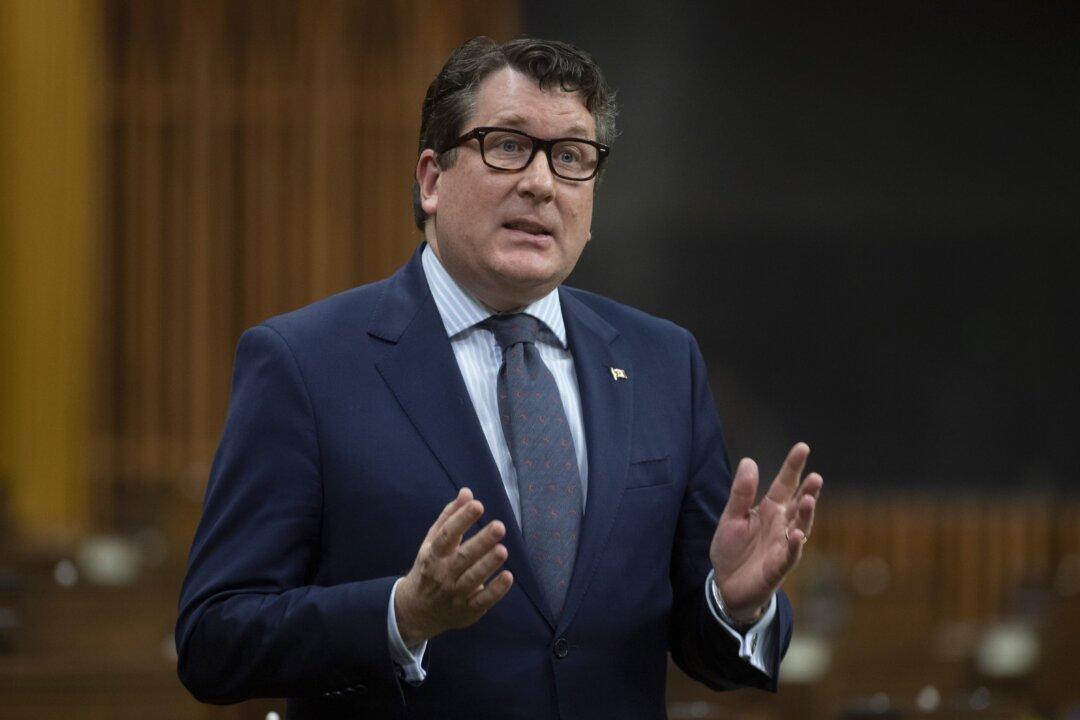The Conservatives will reconvene the House of Commons public accounts committee early in the new year to table a non-confidence motion aiming to bring down the Liberal government.
Conservative MP John Williamson, who chairs the committee, said on social media on Dec. 27 the committee is being recalled on Jan. 7 to discuss a motion of non-confidence. He said the motion is to be tabled in Parliament when the House returns from its holiday break on Jan. 27, and could be voted on as early as Jan. 30.





